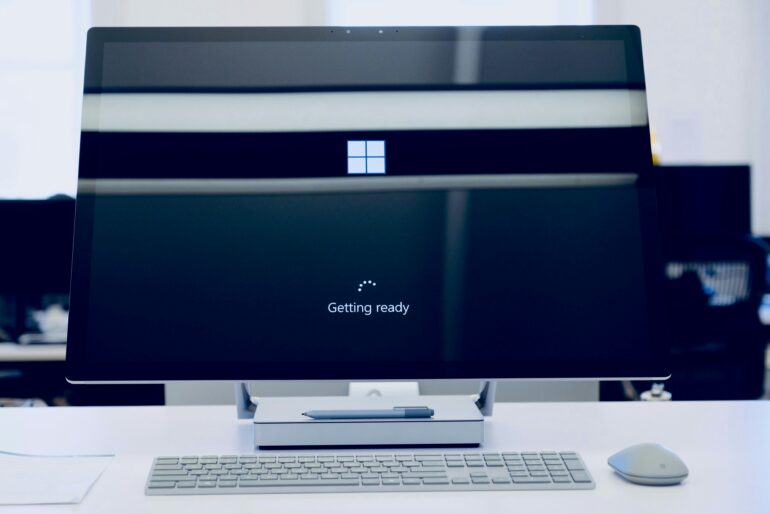Microsoft has recently launched a new AI-powered Windows feature for Windows 11, named “Recall,” designed to keep a detailed log of everything users do on their PCs. This tool makes users’ interaction very interesting with their computers by providing a comprehensive and searchable history of all activities.
Recall, integrated into the new Copilot+ PCs, functions as a digital memory, recording snapshots of users’ screens at regular intervals. This feature logs activities across various applications, meetings, and websites, allowing users to search and retrieve past actions effortlessly. With this new feature, users can easily find specific content by navigating through a timeline interface, which organizes snapshots chronologically. This means that users do not need to go through hundreds of folders and web history to find something they have worked on before.
Recall leverages the advanced capabilities of the Copilot+ PCs, equipped with Qualcomm’s Snapdragon X Elite chips and powerful Neural Processing Units (NPUs). These components enable the system to capture and process vast amounts of data efficiently. The snapshots are encrypted and stored locally on the device, ensuring that users’ data remains private and secure.
To access past activities, users can perform a Recall action, which functions similarly to an AI-powered search. This action retrieves snapshots from a specified time period, providing context and details about the activities during that time. This feature is particularly useful for professionals who need to revisit project details or students reviewing research materials.
Microsoft emphasizes that all data captured by Recall remains on the user’s device, stored securely and privately. Users have control over their data, with options to pause, stop, or delete snapshots as needed. Additionally, users can exclude specific applications or websites from being recorded, enhancing privacy controls.
However, the potential privacy concerns remain there. For example, if someone gains unauthorized access to a user’s Windows account, they could potentially view all recorded activities. To mitigate this risk, Microsoft ensures that Recall does not capture content from InPrivate browsing sessions in Microsoft Edge or DRM-protected media. Despite these measures, the feature’s ability to log extensive user activities may still pose privacy challenges for some users.
Microsoft says, “Recall screenshots are only linked to a specific user profile and Recall does not share them with other users, make them available for Microsoft to view, or use them for targeting advertisements. Screenshots are only available to the person whose profile was used to sign in to the device”.
To use Recall, users need to have one of the new Copilot+ PCs, which are equipped with the necessary hardware to support the feature. These PCs come with a minimum requirement of 256GB of storage, with 50GB of available space dedicated to storing Recall snapshots. The default allocation for Recall can store approximately three months of snapshots, but users can adjust this allocation based on their storage preferences.
Currently, Recall is in the preview phase, allowing Microsoft to gather user feedback and refine the feature before a broader rollout. During this phase, the feature is available on a select number of Copilot+ PCs, with plans to expand availability in the coming months.
Although this Microsoft Recall introduces significant benefits in terms of productivity and convenience, it also necessitates careful consideration of privacy implications. As Microsoft continues to develop and refine Recall, it will be crucial to balance innovation with robust privacy protections to ensure user trust and security.

